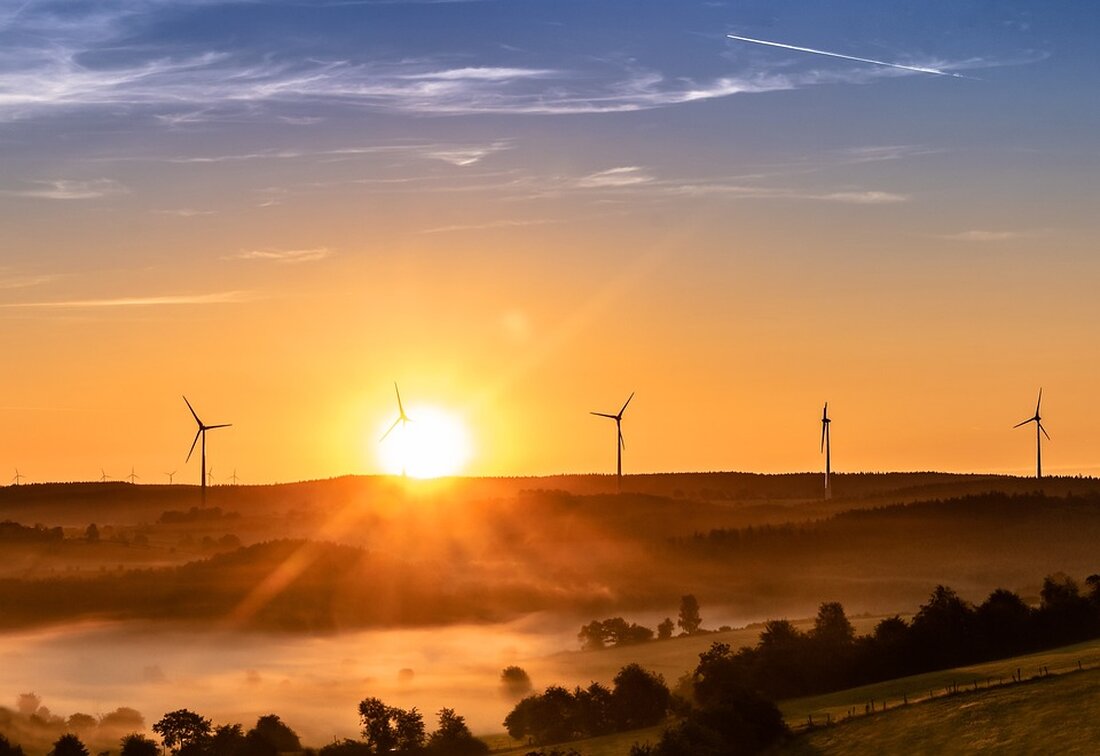Expansion of renewable energies in 2023: solar and wind lead, biomass doubles
According to a report from www.heise.de, last year the number of renewable energy systems in Germany increased by 17 gigawatts. The majority of the 12 percent increase came from the energy sources solar and wind. Solar systems in particular recorded a significant increase, with the number of balcony power plants growing sharply in 2023. The doubling of installed solar systems and the massive increase in balcony power plants are having a significant impact on the German market for renewable energies. The increased number of solar systems, especially private systems, reflects a growing interest among the population in switching to renewable energies. The increased installation of solar systems on commercial...

Expansion of renewable energies in 2023: solar and wind lead, biomass doubles
According to a report by www.heise.de,
Last year, the number of renewable energy systems in Germany increased by 17 gigawatts. The majority of the 12 percent increase came from the energy sources solar and wind. Solar systems in particular recorded a significant increase, with the number of balcony power plants growing sharply in 2023.
The doubling of installed solar systems and the massive increase in balcony power plants are having a significant impact on the German market for renewable energies. The increased number of solar systems, especially private systems, reflects a growing interest among the population in switching to renewable energies.
The increased installation of solar systems on commercial roofs and open spaces indicates increased investment by companies in renewable energy, which in the long term can lead to reduced CO2 emissions and a more sustainable energy supply.
The sharp increase in the number of balcony power plants, which tripled in 2023, illustrates the increased environmental awareness and the willingness of citizens to actively contribute to the energy transition. In the long term, this development could lead to decentralized energy production and reduce dependence on conventional energy suppliers.
The installation of 27 wind turbines in a new wind farm at sea and the increase in wind power on land show that wind energy continues to play an important role in the German energy transition. The increasing number of permits for onshore wind turbines could lead to increased wind output in Germany in the long term and achieve the expansion goals set.
Overall, the Federal Network Agency's figures indicate a positive development in the expansion of renewable energies in Germany, which could lead to a more sustainable energy supply in the long term. However, it remains to be seen whether the annual expansion targets for solar and wind systems can be achieved in the long term.
It should be noted that the expansion of renewable energies also represents a challenge for the networks and energy supply, as decentralized energy production requires adaptation of the infrastructure. It will therefore be crucial to promote investments in network expansion and the storage of renewable energies in order to successfully implement the energy transition.
Read the source article at www.heise.de

 Suche
Suche
 Mein Konto
Mein Konto
